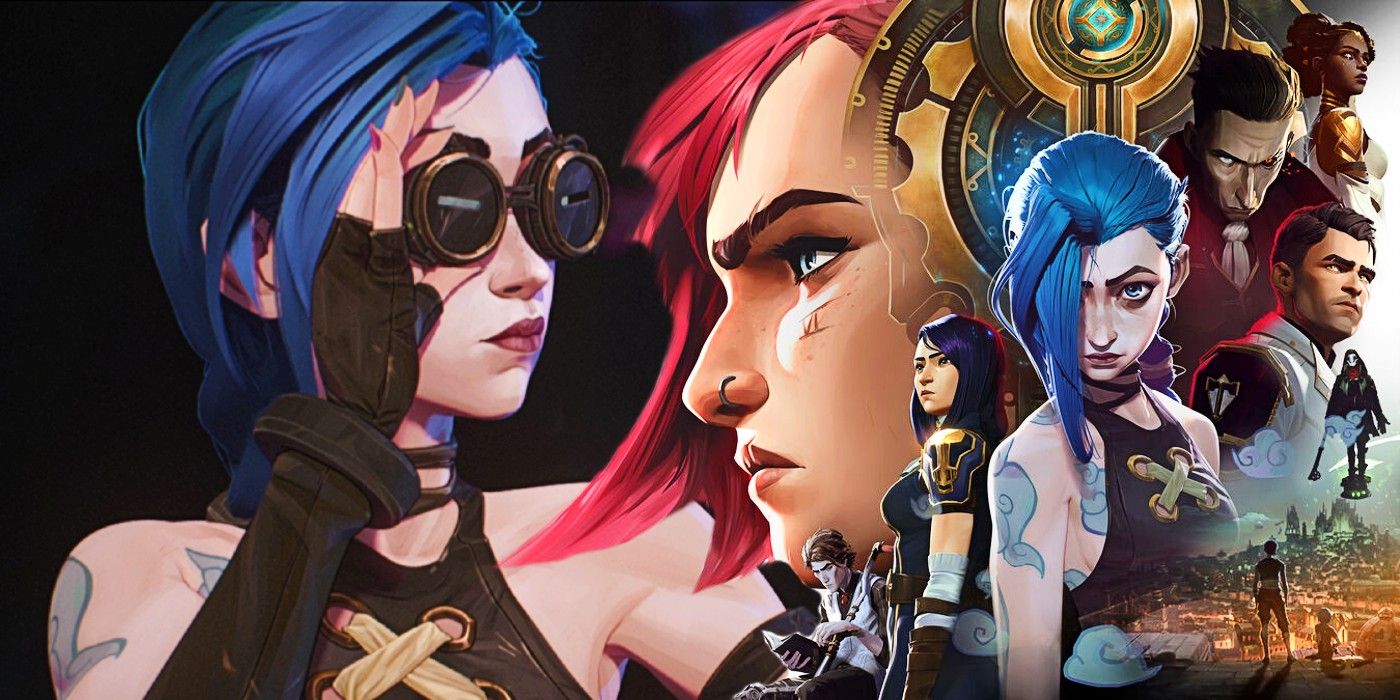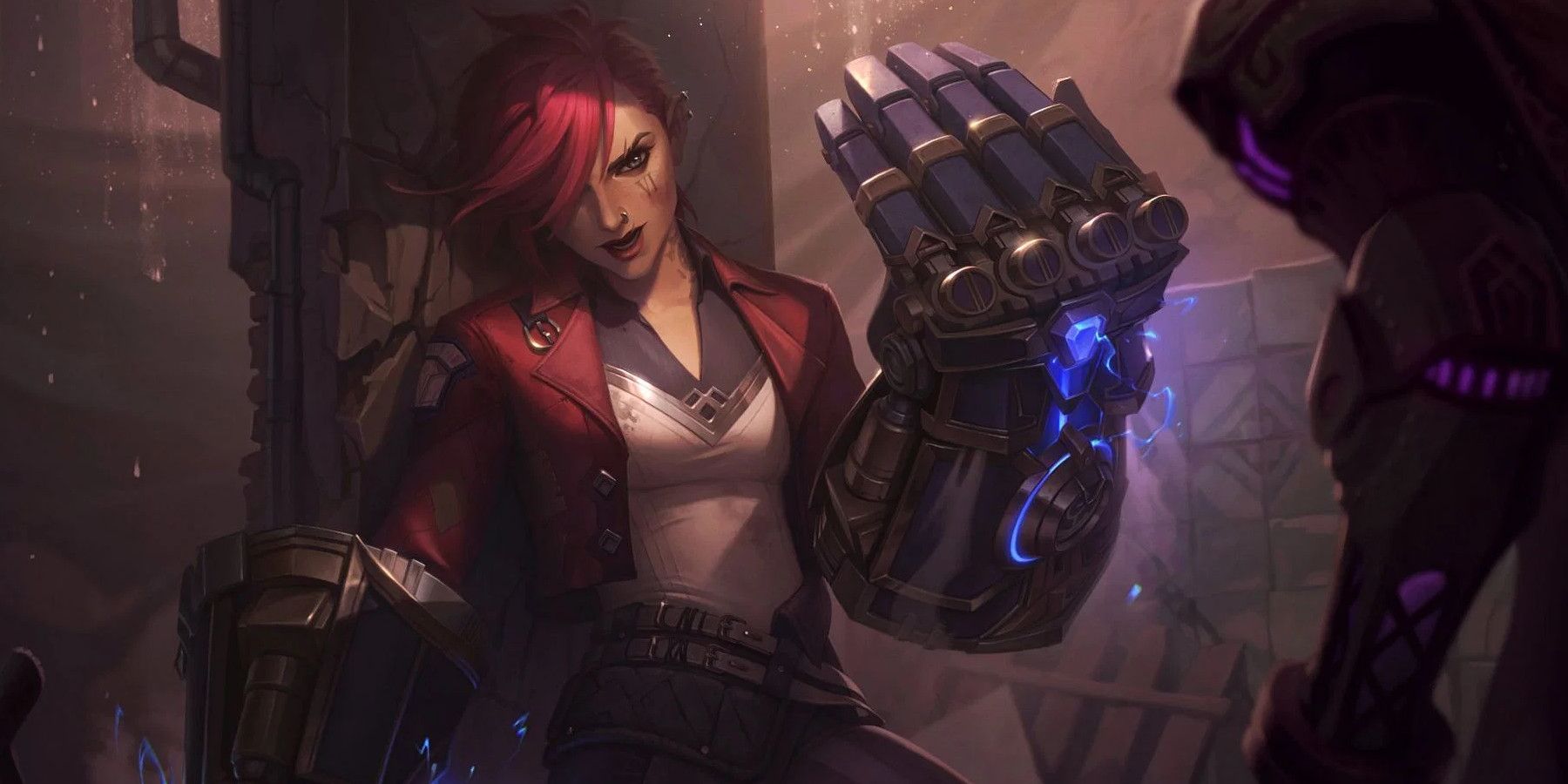Films and series based on games are often derided for their poor quality and for being heavily catered towards their established audience, but Netflix’s Arcane proves that video game adaptations don’t have to be aimed at fans in order to succeed. Already hailed as the best video game adaptation yet, Arcane has seen a boon of popularity and critical favor since its release on Netflix’s streaming platform. This came as quite a surprise since its source material League of Legends—a competitive MOBA game—does not inspire much narrative promise with its lack of a structured storyline and an unwieldy multitude of characters. As it turns out, not only is Arcane able to deliver a satisfying and thoroughly engaging story, but viewers both familiar and unfamiliar with League of Legends seem to feel equally at home within the fictional city of Piltover.
Netflix has had its ups and downs when it comes to video game adaptations, and none were truly able to be a resounding hit until Arcane showed up. DOTA: Dragon’s Blood is another recent animated show based on the other big MOBA around the block, DOTA 2. While garnering fairly positive reviews, DOTA: Dragon’s Blood lacked the storytelling prowess to really pull in newcomers to the complicated Dota universe. More recently even, Resident Evil: Infinite Darkness was given a mixed critical reception, with Austin Jones describing it as having “a barrier to entry due to its heavy reliance on a preexisting investment in the greater Resident Evil series” (via Paste). Then there’s The Witcher, whose varying degrees of faithfulness to the original books left both well-acquainted fans and newcomers alike often confused.
What Arcane has that most other video game adaptions lack is a fresh start. The absence of storytelling in the multiplayer world of League of Legends proved to be more of a blessing than a curse as Arcane fully embraces the tabula rasa mindset and weaves together an origin story that viewers of any kind can connect with. Yes, there are plenty of League of Legends champions in Netflix’s Arcane for veteran players to pull the old “I understood that reference” to, but they are employed in a way that allows newcomers to familiarize themselves with each pre-established character as if they were brand new creations.
Watching Arcane, it really doesn’t feel like a series adapted from a video game—and that’s a good thing. The plot flows naturally, without requiring viewers to look up who is who or what is what for any lore-related developments. Vi and Jinx, the two main characters in Arcane, are well-known League of Legends champions equipped with a myriad of flashy abilities and cosmetic skins in-game, but here they are merely two sisters tragically pulled apart by the times of strife and hardship that they find themselves living through. Arcane’s handling of hero-turned-villain Jinx is the best example of how the show chooses to forgo the bombastic nature of its source material in favor of highlighting the human aspect and emotional nuance of its characters—characters that League of Legends originally designed to be visually striking and fun to play more than anything else.
Arcane has a heck of a lot more going for it than just how it handles its source material. Its nine-episode first season is imbued with stellar writing, compelling characters, and an arresting visual flair, but none of these qualities would have let the Netflix series reach as wide a viewership without it being as accessible as it is to those unfamiliar with League of Legends and all its related content. Arcane certainly differentiates itself with its unique animation, but it is not the only thing that sets it apart from other video game adaptations both on Netflix and beyond. By delivering a story that can be enjoyed and understood by all, Arcane establishes a new precedent and demonstrates that video game adaptations can be successful without being made for the fans.


